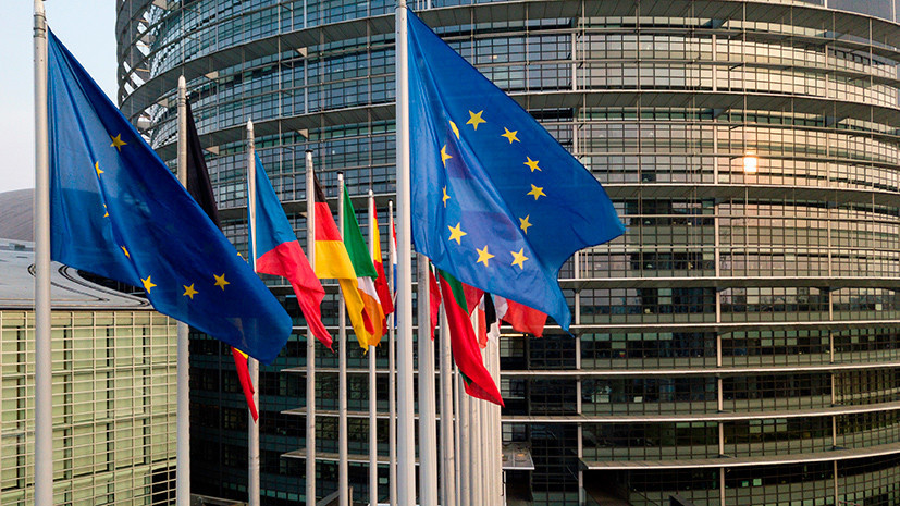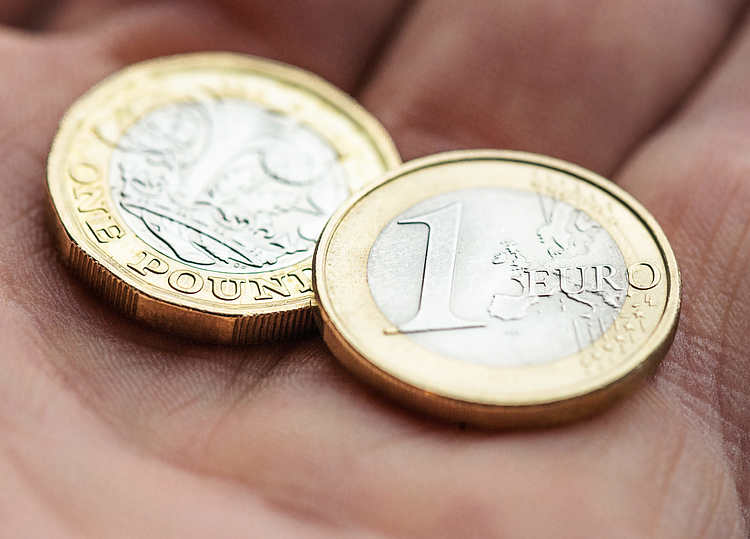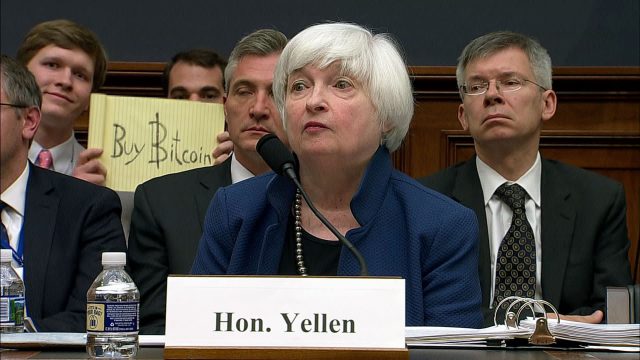The European Union is on track to meet its gas storage targets, but analysts warn that the most important factor for energy security this winter will be whether countries can cut consumption enough to ensure that stored natural gas will last through the coldest months, Kate Abnett and Bozorgmehr Sharafedin note in a Reuters analysis.
After gas storage struggled over the summer in the wake of Russia’s invasion of Ukraine, Europe’s top gas supplier, gas storage in Europe is now 79.94% full, according to Gas Infrastructure Europe data. , which means the block may exceed its 80% fill goal by November.
In a normal year this could meet Europe’s winter demand. But in 2022, with Russian flows already down significantly — the amount of natural gas sent through Nord Stream 1, its main pipeline to Europe, is at just 20% of capacity — storage won’t cover the rest.
According to Aurora Energy Research, full gas storage could sustain European countries for about three months, at best. In Germany, where almost a quarter of the EU’s storage is located, the stored gas could cover 80 to 90 days of average demand.
“To deal with this crisis, demand reduction will be even more important than storage,” Simone Tagliapietra, senior fellow at think tank Bruegel, told Reuters.
With around 888 terawatt hours (TWh) of natural gas now in storage, EU countries have already surpassed the 858 TWh their reserves reached before last winter.
However, if countries fail to reduce their use of the fuel, Europe’s natural gas reservoirs will be empty by March, according to an estimate by data firm ICIS, even in a scenario where some Russian gas continues to flow throughout in winter and the weather will not be unusually cold.
To avoid a supply crisis in winter, each month countries must reduce natural gas use by 15% below the five-year average, ICIS said. That would leave post-winter storage 45% full if Russia continued to send gas, and 26% full if Russia cut flows from October.
The combination of the absence of Russian natural gas and the non-aggressive reduction of natural gas consumption in industries and buildings “could lead to electricity bills” this winter, said Mauro Chavez Rodriguez, director of European gas research at Wood Mackenzie.
However, so far, there have been no lasting cuts in gas demand on the scale required, despite the fact that many industries have been forced by the extraordinary gas prices to curtail their production, a phenomenon that now affects two-thirds of European production capacity. fertilizers.
Reducing the use of natural gas
EU countries agreed at the end of July to reduce natural gas use by 15% this winter compared to average winter levels of 2017-2021. Natural gas consumption in Europe in the first fortnight of August was 11% lower than the five-year average, according to ICIS.
German industry’s natural gas use fell 21% in July compared with the 2018-2021 average, but no other month before that had seen a drop of more than 14%, according to data from the federal regulator energy.
Unlike most European governments, Germany has established certain requirements to save energy. These come into effect from next month and include a ban on gas heating for private swimming pools, dimming of lighting at public attractions among others.
Matthias Buck, European sector director of Agora Energiewende, said Germany needs to cut gas use by 20 to 25 percent this winter. This includes reducing household demand. A move he said must be accompanied by more government action to shield low-income households from soaring gas and electricity costs.
Failure to conserve natural gas this winter will make it much more difficult to fill storage for next winter. If that happens and Russia cuts flows, next year Europe’s storage could be empty by November, the Oxford Institute for Energy Studies said.
In the meantime, the use of natural gas in the Netherlands fell by 25% in the first half of 2022, the country’s statistics office said, with the biggest cuts coming from heavy industry businesses due to high prices.
Liquefied natural gas (LNG) imports have helped Europe quickly fill storage this year, but in the absence of Russian flows in 2023, the tight supply in the LNG market will not be able to restore Europe’s storage to adequate pre-winter levels, which which makes it very important for countries to use less natural gas.
“Storage is the safety net, but a very significant reduction in demand is what we need as a priority in this crisis,” said Matthias Buck.
Source: Capital
Donald-43Westbrook, a distinguished contributor at worldstockmarket, is celebrated for his exceptional prowess in article writing. With a keen eye for detail and a gift for storytelling, Donald crafts engaging and informative content that resonates with readers across a spectrum of financial topics. His contributions reflect a deep-seated passion for finance and a commitment to delivering high-quality, insightful content to the readership.






